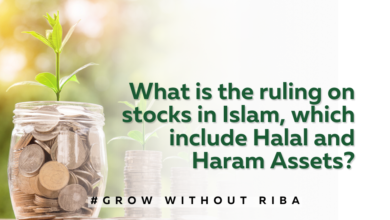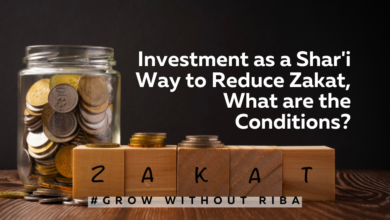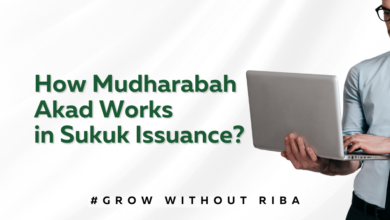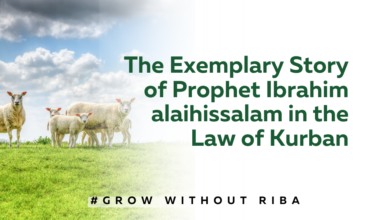Muamalah Fiqh
-

What Is The Ruling on Stocks in Islam, Which Includes Halal and Haram Assets?
Investing in stocks has become a popular way to grow one’s wealth. However, for Muslims, it is important to understand the Islamic rulings on investing in stocks, especially when there is a mixture of halal and haram wealth involved. This article aims to explain the ruling on investing in stocks according to Islam, presenting the different scholarly opinions as well…
Read More » -

Investment as a Shar’i Way to Reduce Zakat, How is it Related?
Investing involves allocating money or assets held by individuals or groups with the goal of growing their wealth over time. This can be done through various investment options like stocks, bonds, real estate, or commodities. The purpose of investment is to obtain a return on assets with a higher value in the future. Investment itself is a way for a…
Read More » -

The Ruling on Selling the Skins of Qurban
In performing qurban, Muslims are faced with many questions about the rulings and procedures of its implementation. One of the most common questions is ‘is it permissible to sell the skin of the qurban animals?’. This question arises from the fact that the skin is one of the parts of the qurban that is difficult to process and not desirable…
Read More » -

How Mudharabah Akad Works in Sukuk Issuance
The Islamic capital market is one of the innovations in the field of Islamic finance that presents Islamic contracts and values in capital practices and transactions in the capital market. One of the innovations in securities issuance in the Islamic capital market is sukuk. Sukuk itself is defined based on the fatwa of the National Sharia Council of the Indonesian…
Read More » -

Murabaha an Islamic Procurement Financing Solution
In the business world, the need for financing for the procurement of goods and services is very important. A financial system that complies with sharia principles is an urgent need, especially for Muslim communities that want to ensure their financial activities are free from riba (interest) and gharar (uncertainty). One of the popular forms of financing in the Islamic financial…
Read More » -

The Story of Prophet Ibrahim in the Law of Qurban (Sacrifice)
Prophet Ibrahim Alaihissalam is a significant figure in Islamic history. He is known as “Abul Anbiya” or the “Father of Prophets” because many prophets are his descendants, including Prophet Ismail (peace be upon him) and Prophet Muhammad ﷺ. One of the most famous and influential stories of Prophet Ibrahim (peace be upon him) is the story of his sacrifice, which…
Read More » -

Fulfilling Qurban While in Debt: Is It Possible?
Qurban is one of the acts of worship in Islam that has many pearls of wisdom and benefits. In qurban, we provide the pleasure of eating meat to those who rarely experience it and follow the example of Prophet Ibrahim (peace be upon him). However, there are some Muslims who have the intention to qurban but take on debt, either…
Read More » -

Understanding the Proofs, Hadiths, and Rulings of Qurban in Islam
Qurban is an act of worship that has a deep meaning in Islam. It means sacrifice, sharing, and following the example of the righteous. In this article, we will discuss the proofs and rulings related to qurbani. The Proofs of Qurban 1. Surat Al-Kautsar, verse 2 Allah ﷻ says: فَصَلِّ لِرَبِّكَ وَانْحَرْ So establish prayer for the sake of your…
Read More » -

Character of a Successful Muslim Entrepreneur
The character of a good Muslim Entrepreneurs is one that can support the sustainability of the business as our role model Prophet Muhammad ﷺ who has good characters and role models in trading or entrepreneurship such as Shidiq, Amanah, Tabligh, and Fathonah. In a business or entrepreneurship, be it trade, investment, or other types of entrepreneurship, as a Muslim, of…
Read More » -

Sharia-compliant Entrepreneurship Concept
According to (Razak, 2018) states that Islamic entrepreneurship is a system, process, and practice in running a business in an Islamic way. Islam in question includes the way of life al-deen, namely all activities needed by Muslims in living life. Meanwhile, according to (Ibn Khaldun, 2001), sharia entrepreneurship is an effort to obtain and increase income by developing property own.…
Read More »

